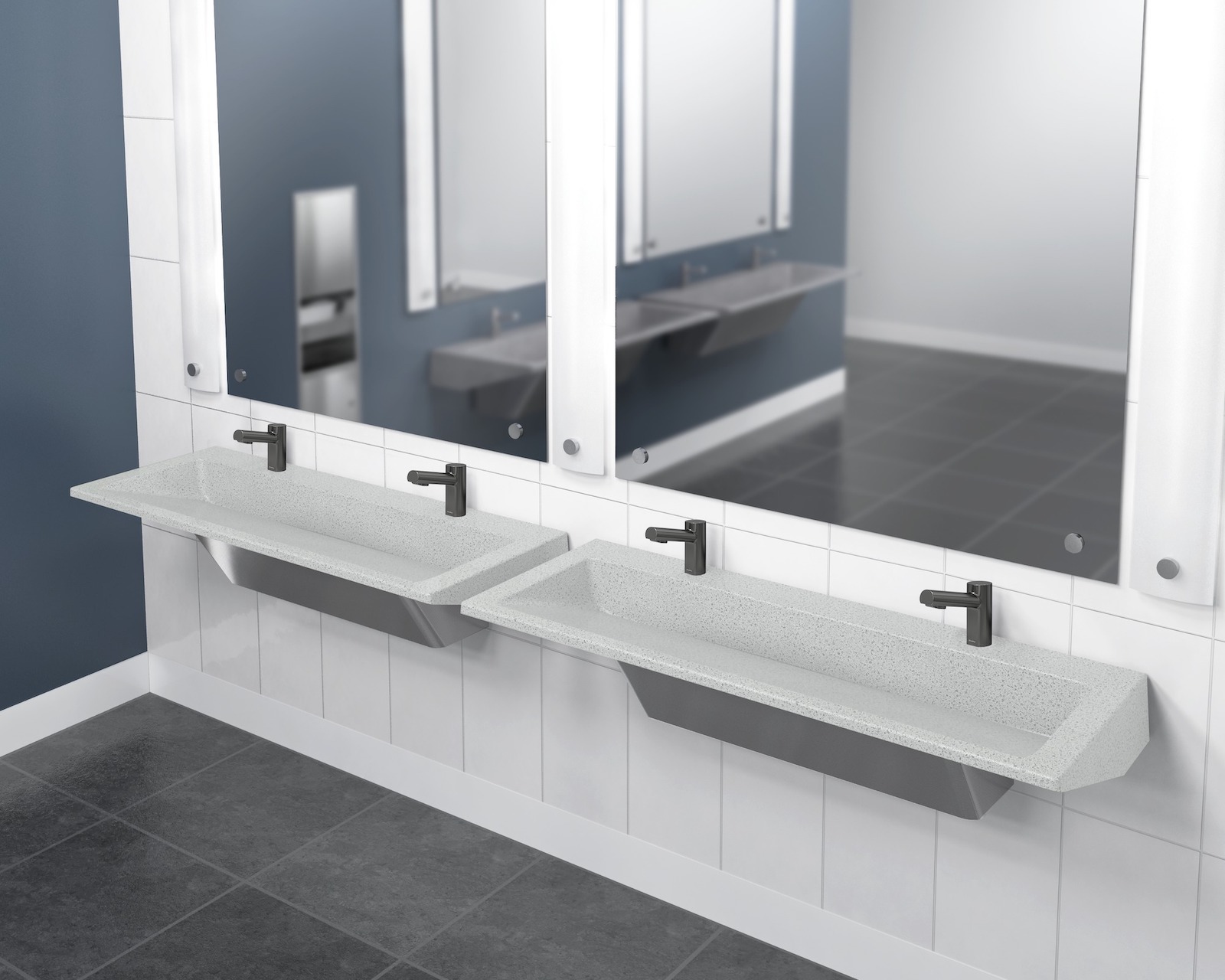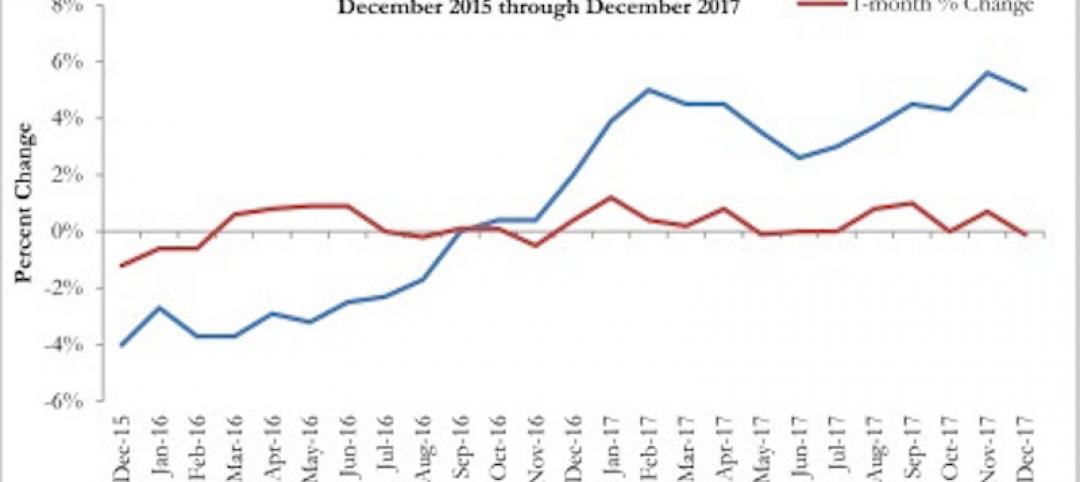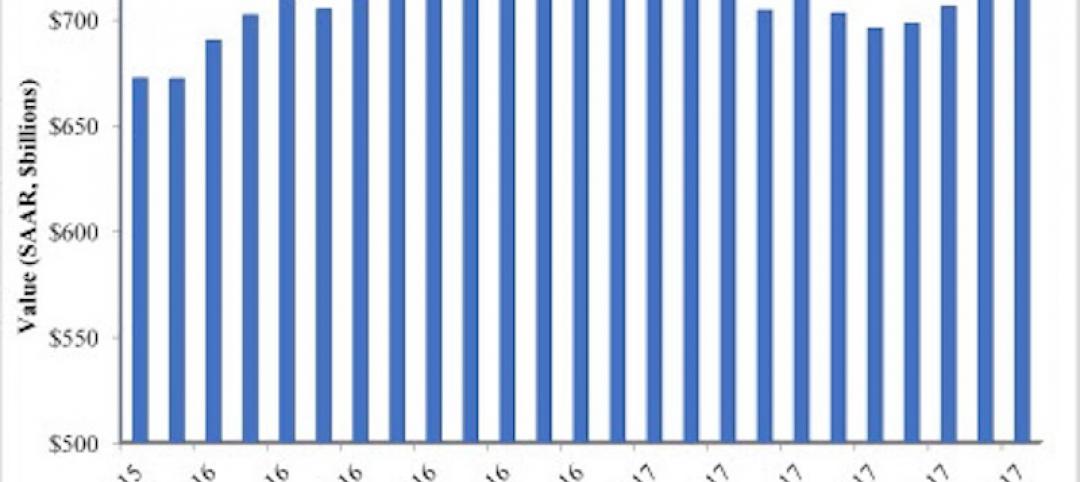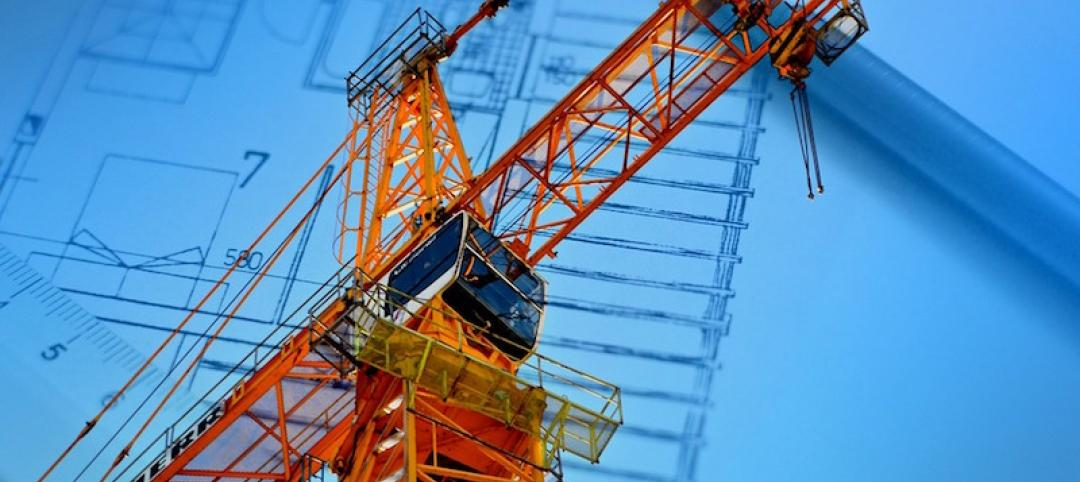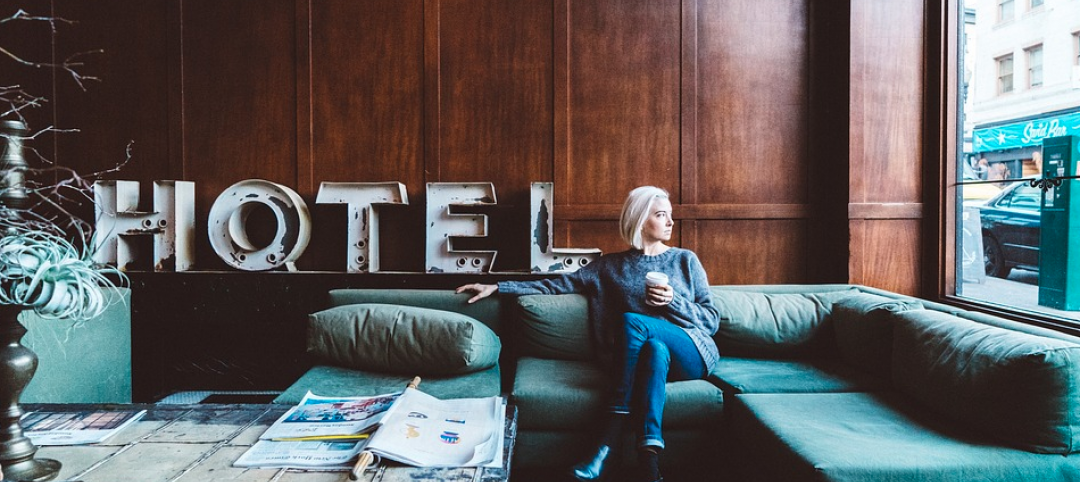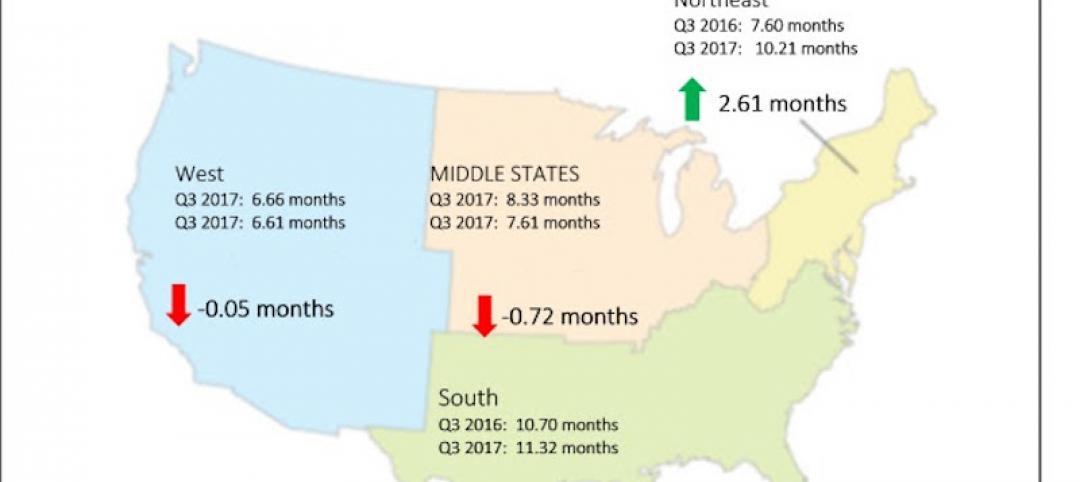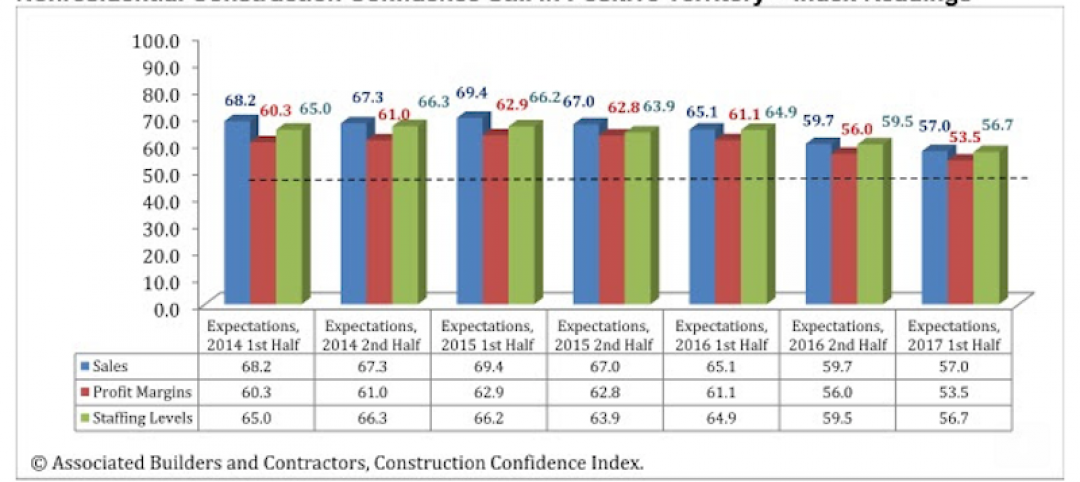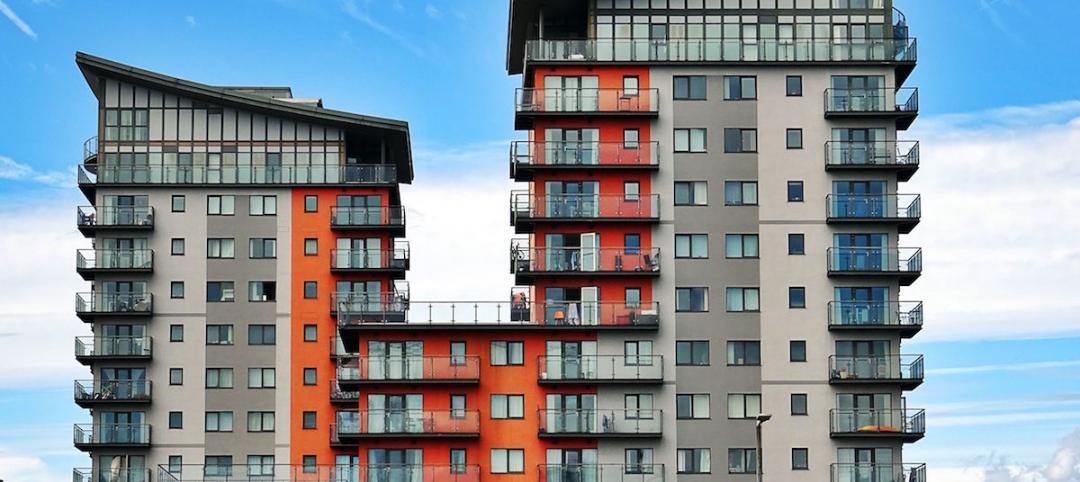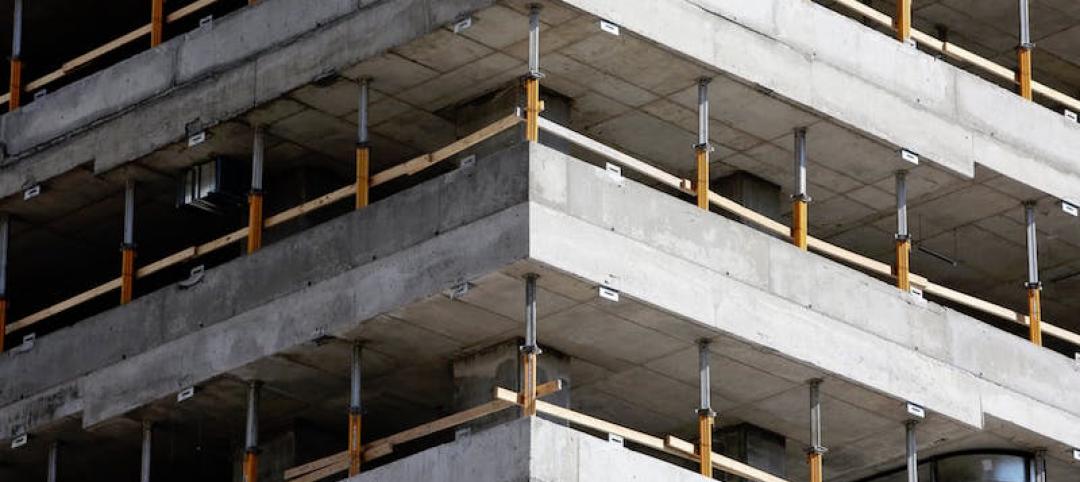Upon entering the third year of the pandemic, Americans are not only more sensitive to germs in public restrooms, they now hold higher standards for the cleanliness, condition and technology used in these shared spaces, according to the annual Healthy Handwashing Survey™ from Bradley Corporation conducted in January.
Despite ongoing Covid outbreaks, most Americans have not been deterred from using public bathrooms. In fact, 41% of Americans report using public restrooms as often as they did before Covid came on the scene. Interestingly, 27% say they use them more now than previously.
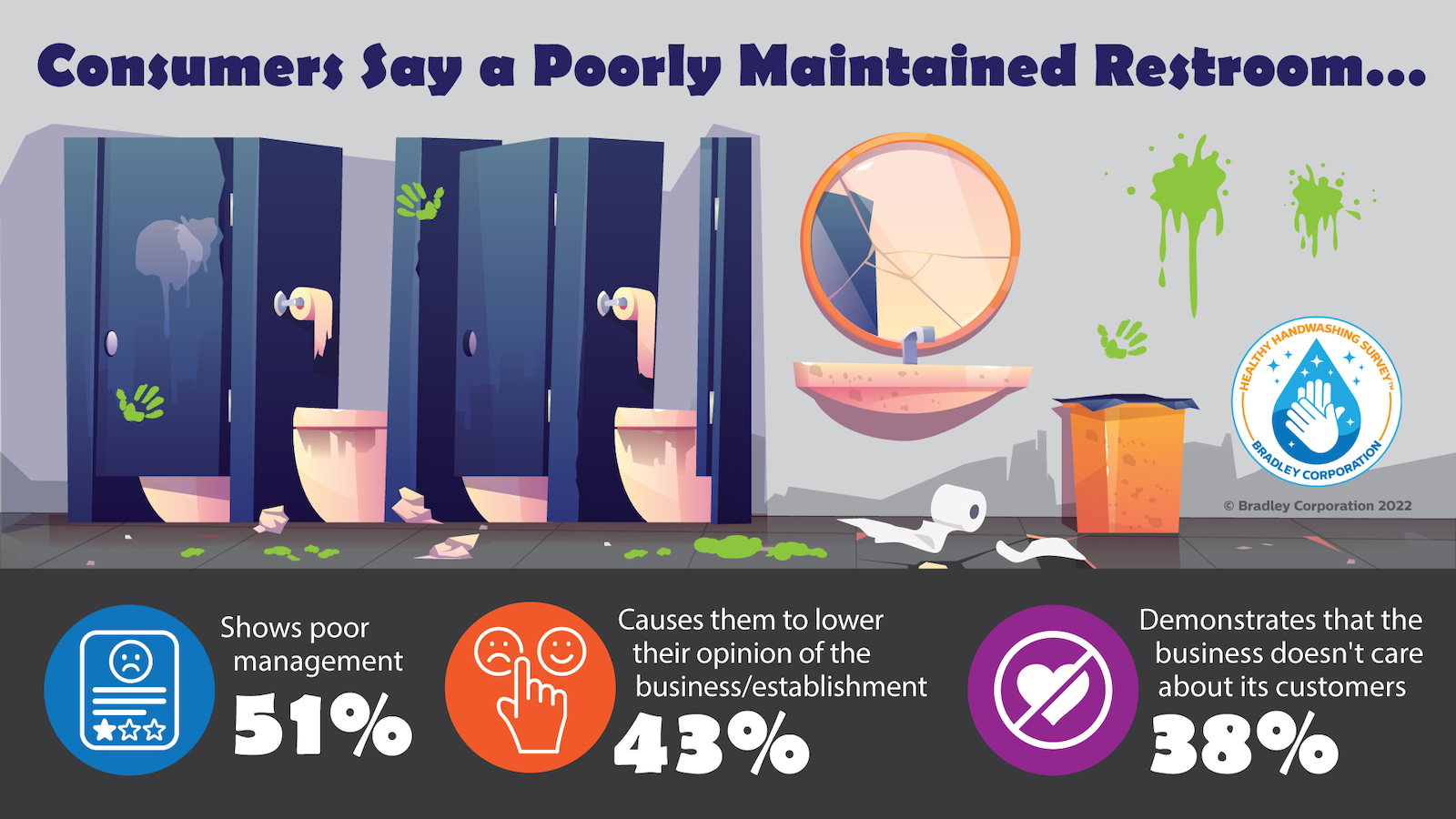
“Thanks to the pandemic, more people are paying closer attention to various elements in public restrooms – how clean they are, how easy they are to navigate without touching surfaces and how they can be improved,” said Jon Dommisse, vice president of marketing and corporate communication for Bradley Corp., a global manufacturer of commercial restroom equipment.
The survey, which has examined the state of U.S. public restrooms and handwashing habits for 13 years, identified key Covid impacts on how Americans view public restrooms – as well as the businesses and establishments that provide them.
#1 Restroom maintenance gets higher marks
A positive side effect of the virus is that half of the population believes public restrooms are now cleaner and in better condition than before Covid. More men (55%) give a thumbs up to the cleanliness of restrooms compared with women (47%).
“Prior to Covid, upwards of 70% of Americans reported having an unpleasant restroom experience,” Dommisse explained. “Evidently, increased cleaning protocols and stocking of supplies is being observed and appreciated by restroom users.”
Further, 79% think a posted and updated cleaning schedule in a restroom is important. “Signage goes a long way in helping to reassure visitors the facility is taking steps to ensure a clean environment and cares about keeping them safe,” he said.
#2 Unclean restrooms tarnish the overall business
Americans increasingly think poorly of a business when they encounter a messy restroom. In 2022, 51% of Americans say an unpleasant public restroom at a business shows poor management, up from 39% in 2021. Respondents also report that encountering neglected restrooms lowers their opinion of the establishment (43%) and shows the business doesn’t care about its customers (38%).
#3 Americans place high value on touchless restrooms
84% of Americans believe it’s important for public restrooms to be equipped with touchless fixtures and 63% say they are more likely to return to a business that offers no-touch capabilities in its restrooms.
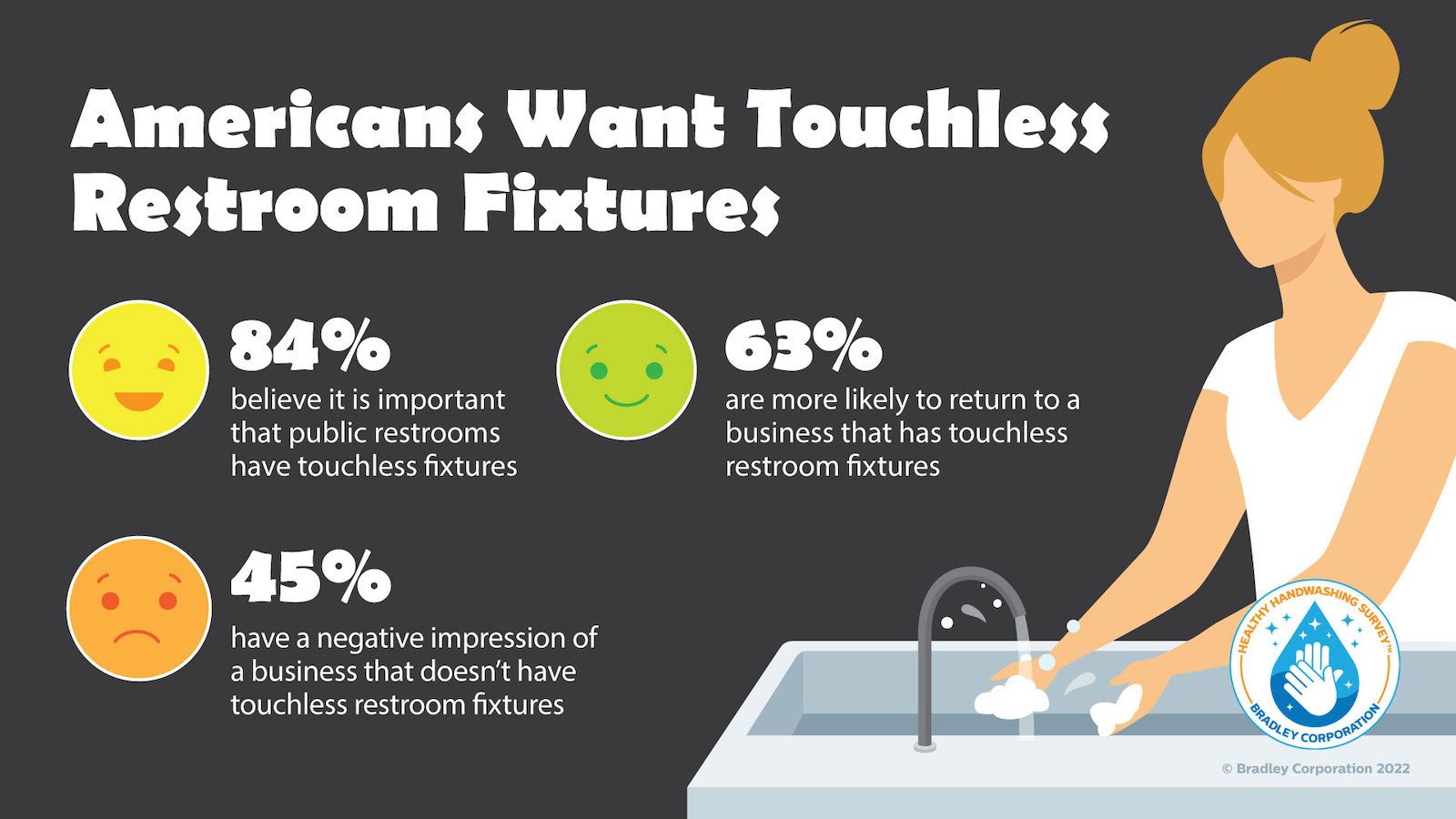
“In fact, Americans view touch-free technology as the number one feature that makes them feel safer from germs in restrooms,” Dommisse said. “Touchless features are also Americans’ most requested improvement in restrooms. More cleaning/restocking takes second place.”
Which touchless restroom features are considered most important? Respondents cite faucets, soap dispensers, flushers and restroom entrance doors as their top four.
#4 Consumers spend more money at a business with pleasant restrooms
Americans are willing to put their money behind restroom cleanliness. Almost 60% say they are likely to spend more cash at a business with clean, well-maintained restrooms. Another 58% say when out running errands they’ll take restroom breaks at a business they know has “good” restrooms.
#5 Coronavirus concerns persist, in general
The majority of Americans continue to be in an elevated state of germ consciousness, triggered by the coronavirus. While 89% of the general population felt more aware of germs in April 2020, that number has fallen to 78%. Northeasterners currently have the highest level of germ concerns (86%) while Midwesterners have the lowest level (72%).
“Certain types of facilities cause more trepidation about coming into contact with germs,” Dommisse added. “Specifically, Americans are most concerned about germs in stores (50%), medical facilities (39%), restaurants (34%) and gas stations (28%).”
The annual Healthy Handwashing Survey from Bradley Corp. queried 1,035 American adults Jan. 10-21, 2022, about their handwashing habits, concerns about the coronavirus and flu and their use of public restrooms. Participants were from around the country and were fairly evenly split between men (46%) and women (54%). For more information, visit www.bradleycorp.com/handwashing.
Related Stories
Market Data | Jan 12, 2018
Construction input prices inch down in December, Up YOY despite low inflation
Energy prices have been more volatile lately.
Market Data | Jan 4, 2018
Nonresidential construction spending ticks higher in November, down year-over-year
Despite the month-over-month expansion, nonresidential spending fell 1.3 percent from November 2016.
Market Data | Dec 14, 2017
ABC chief economist predicts stable 2018 construction economy
There are risks to the 2018 outlook as a number of potential cost increases could come into play.
Market Data | Dec 11, 2017
Global hotel construction pipeline is growing
The Total Pipeline stands at 12,427 Projects/2,084,940 Rooms.
Market Data | Dec 11, 2017
Construction backlog surges, sets record in third quarter
CBI is a leading economic indicator that reflects the amount of construction work under contract, but not yet completed.
Market Data | Dec 7, 2017
Buoyed by healthy economy, ABC Index finds contractors upbeat
Despite rising construction labor and materials costs, 55% of contractors expect their profit margins to expand in the first half of 2018.
Industry Research | Nov 28, 2017
2018 outlook: Economists point to slowdown, AEC professionals say ‘no way’
Multifamily housing and senior living developments head the list of the hottest sectors heading into 2018, according a survey of 356 AEC professionals.
Architects | Nov 28, 2017
Adding value through integrated technology requires a human touch
To help strike that delicate balance between the human and the high-tech, we must first have an in-depth understanding of our client’s needs as well as a manufacturer’s capabilities.
Market Data | Nov 27, 2017
Construction's contribution to U.S. economy highest in seven years
Thirty-seven states benefited from the rise in construction activity in their state, while 13 states experienced a reduction in activity.
Market Data | Nov 15, 2017
Architecture Billings bounce back
Business conditions remain uneven across regions.


